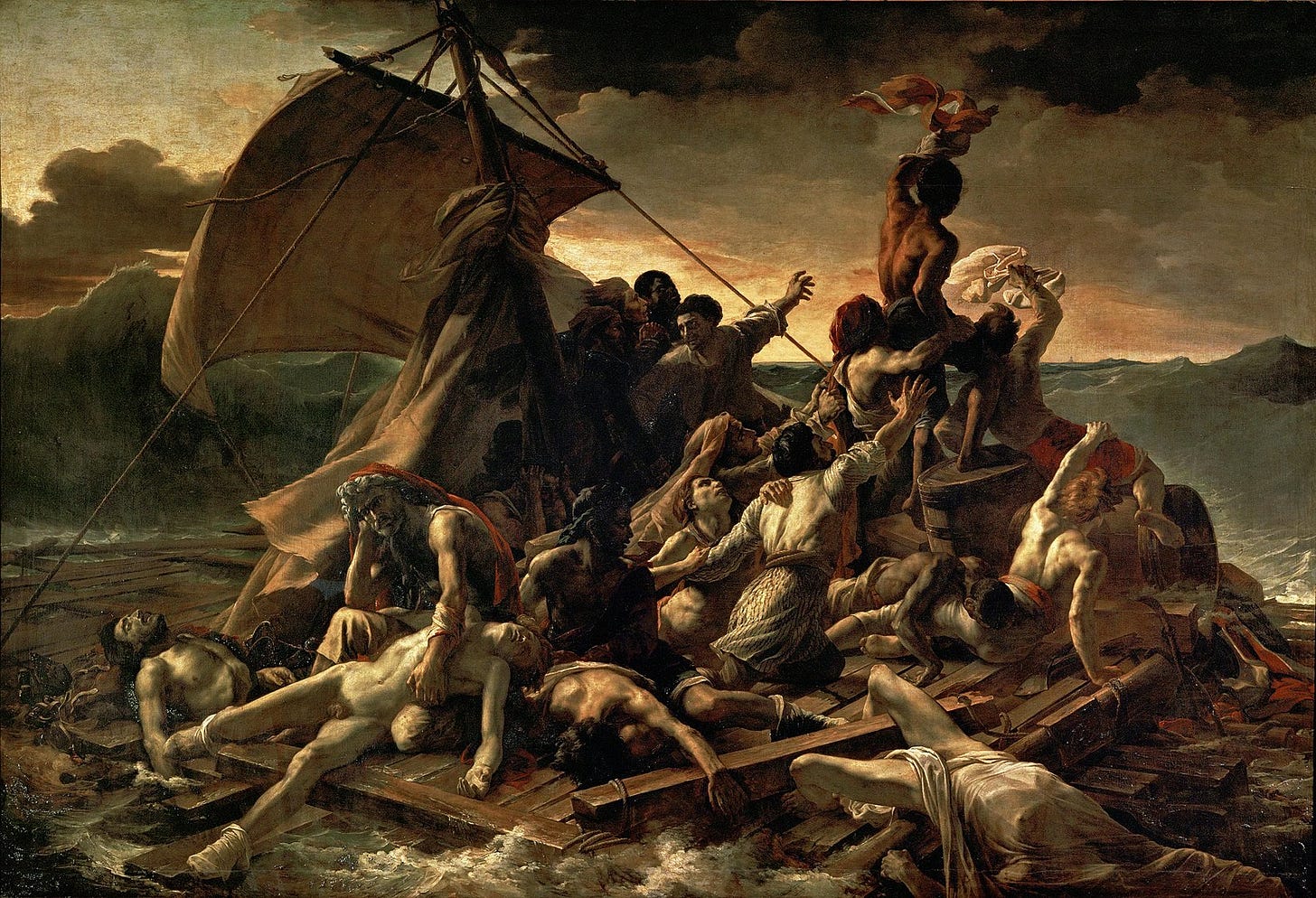Persistence Pays Off
Enduring hardship can bring valuable lessons — if you want to hear them

“Adversity’s sweet milk, philosophy.” — William Shakespeare, 1595
Once you’ve made it through a tough spot, there’s something about adversity that makes you consider your good fortune.
The old maxim “What doesn’t kill you makes you stronger” is trite, but it’s generally true. The emperor-philosopher Marcus Aurelius, upon hearing someone respond with sorrow that something unfortunate happened, framed it thusly:
“No, it’s fortunate that this has happened and I’ve remained unharmed by it—not shattered by the present or frightened of the future. It could have happened to anyone. But not everyone could have remained unharmed by it.”
How freeing it is to be able to look upon the struggles we encounter in our lives as gifts that are given to us — incidents that we can learn from, if we’re curious enough to be life-long learners.
For what is leadership but a spirit of openness and reflection, and a willingness to alw…



